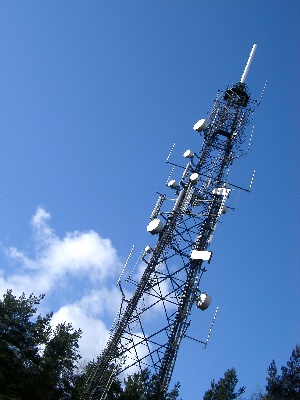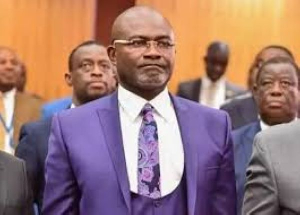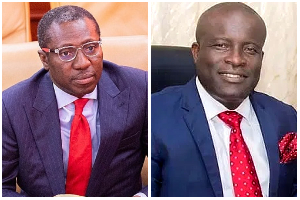The National Communications Authority (NCA) is in talks with Mobile Network Operators (MNOs) to the implement interim measures that will help manage unsolicited electronic communications.
The intervention by the NCA follows complaints by mobile service subscribers in Ghana on the proliferation of unsolicited electronic communications from MNOs. Dr. Edward Kofi Omane Boamah, Minister of Communications, who announced this recently in Accra, said some of the recommendations include the directive to mobile network operators to maintain “start” and “stop” for activation and also de-activation of all non-transactional and promotional electronic communications.
He was speaking at the official launch of the International Telecommunication Union’s (ITU) Regional Development Forum (RDF) and Africa Regional Preparatory meeting for the World Telecommunication Development Conference (WTDC-14) in Accra. “All non-transactional and promotional electronic communications should include an opt-out/un subscription option and should be part of the message. In the area of promotions, each promotional and non-transactional electronic communication should not be sent more than once a day as a means to reduce the incidence of subscribers receiving the same message twice a day,” Dr. Boamah stated.
According to him, the telecommunications sector continues to register impressive growth rate with mobile subscription totaling 26,927,872 at the end of May 2013, representing an increase of 1.3 percent over April figures. He said MTN remains the market leader in mobile subscriptions, with a market share of 46 percent which translates into subscribers of 12,283,991. Vodafone follows with mobile subscription of 5,728,091 and market share of 21 percent.
Tigo, the third in ranking, has a subscriber market share of 14 percent with 3,729,611 subscribers while Airtel, with 3,350,497 subscribers, has a market share of 12 percent. Glo, the latest entrant, has 1,681,417 subscribers and six percent market share. Expresso has 154,265 subscribers and a market share of 1 percent.
Commenting on broadband development, Dr. Boamah said presently Ghana is served by five submarine cables, SAT-3 Cable, Main One, Glo-1, and WACS Cable, which all supplied more than 7.16 terabits capacity. On 10th May 2013, the Africa Coast to Europe (ACE) submarine cable system was inaugurated in Accra, bringing onboard the 5th submarine cable, which added 5.1 terabits to increase the overall submarine cable capacity to 12.3 terabits.
Additionally, he said a national terrestrial fibre optic network was being built to cover all the districts and constituencies in Ghana. Furthermore, the Ghana e-Government Platform Project is upgrading existing WIMAX sites to LTE (long-term evolution, a fourth generation standard for high-speed data) and this will involve 90 sites to enable the deployment of advanced ICT applications in education, health, commerce, open government and other business opportunities.
Government is also supporting the development of critical internet infrastructure by arranging for the supply of three additional switches for internet exchange points and a root name server.
“It is estimated that internet usage in Ghana is nearing 25 percent of the population and this is largely attributed to mobile Internet provided by the telecommunication companies. It is our expectation that with the reducing cost of bandwidth from a high of $10,000 per 2 megabits in 2007 to near $1,200 for same bandwidth in 2013, a significant pass-through effect will be felt on retail prices by the consuming public.”
The International Telecommunication Union’s (ITU) Regional Development Forum (RDF) would be held on October 1, 2013 ahead of the Africa Regional Preparatory Meeting for the ITU World Telecommunication Development Conference (WTDC-14), which would be held from 2-4 October 2013 in Accra.
Business News of Friday, 2 August 2013
Source: Daily Guide













